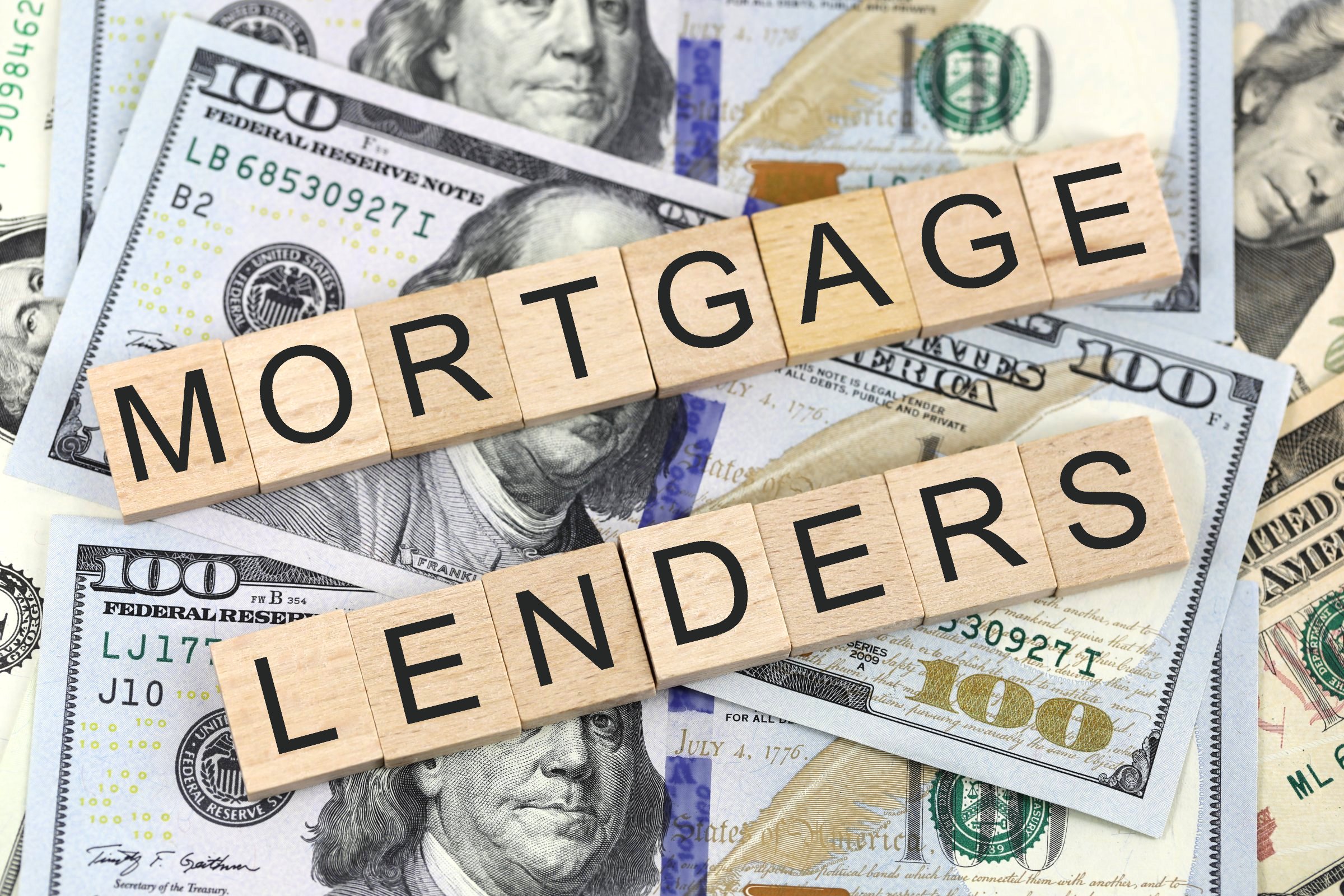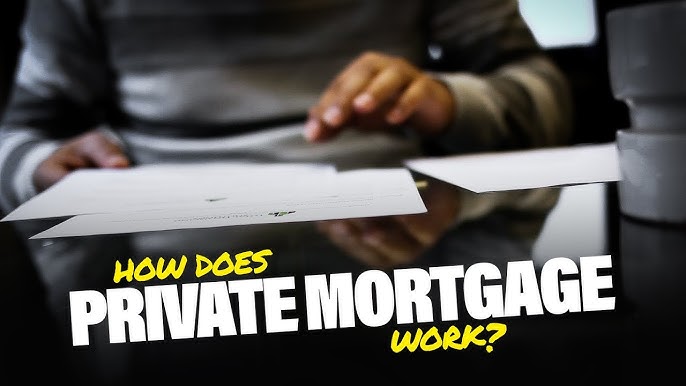Everything About Mortgage Lending: Trick Insights for Homebuyers and Investors
Mortgage lending is a complicated landscape, using numerous funding kinds customized to varied consumer needs. Understanding the subtleties of standard, FHA, VA, and USDA fundings can substantially impact homebuyers and capitalists alike. In addition, credit report scores play an essential function in protecting beneficial rate of interest. As the home loan application procedure unfolds, numerous key aspects come into play, affecting both authorization and terms. What are the crucial steps and strategies to browse this elaborate process properly?
Understanding Various Kinds Of Mortgage Loans
Comprehending the various types of mortgage loans is vital for prospective property buyers, as each alternative deals with various economic scenarios and demands. Conventional loans, normally provided by personal lenders, require a higher credit report rating and often involve a down repayment of at the very least 20%. On the other hand, FHA finances are government-backed and designed for first-time purchasers, allowing lower credit report scores and smaller deposits. VA loans, readily available to experts and active army members, offer beneficial terms and no down payment demand. Furthermore, USDA car loans sustain country property buyers with low to moderate earnings, giving absolutely no deposit options. Fixed-rate home loans keep constant monthly repayments over the car loan term, while adjustable-rate home mortgages start with lower rates that can vary. By comprehending these differences, property buyers can make educated choices tailored to their financial circumstances and long-lasting goals. Choosing the appropriate mortgage type is a substantial action in the home-buying procedure.
The Relevance of Credit History in Home Loan Authorization
Credit report play a necessary duty in the home loan authorization process, acting as an essential indication of a consumer's credit reliability. A greater credit report can cause a lot more favorable rate of interest, considerably affecting the general cost of a mortgage. Understanding the basics of credit score ratings and checking out methods to boost them can considerably benefit possible homebuyers.

Credit History Essentials
A solid credit report score plays an important duty in the home loan authorization procedure, influencing lenders' understandings of a debtor's reliability. Credit report, usually varying from 300 to 850, mirror a person's credit reliability based on their monetary history, consisting of settlement background, credit history usage, size of credit rating background, sorts of charge account, and recent inquiries. Lenders assess these scores to evaluate the risk associated with lending cash. Usually, a higher credit history indicates reduced threat, causing a smoother approval procedure. Homebuyers and financiers need to on a regular basis examine their credit rating reports for mistakes and take steps to improve their ratings, such as paying bills on schedule and lowering arrearages. A solid debt score is an important property in safeguarding positive home mortgage terms.
Effect On Interest Rates
Rates of interest on home mortgages are substantially influenced by the debtor's credit history, which acts as an essential sign of economic integrity. Lenders evaluate credit rating to review the threat connected with prolonging a financing. Private Mortgage Lenders Savannah GA. Greater credit report typically result in lower interest prices, as they recommend that debtors are most likely to repay their financial debts. On the other hand, reduced credit rating ratings might cause greater prices, mirroring the increased danger viewed by lending institutions. This partnership underscores the relevance of preserving a strong debt account for possible debtors. Understanding how credit report impact rate of interest can encourage buyers and investors to make enlightened choices, potentially conserving them significant quantities over the life of their home loan

Improving Your Credit Rating Rating
Homebuyers crazy about protecting positive home mortgage terms need to recognize the critical role of credit history in the approval procedure. A higher credit history typically leads to lower rate of interest, which can considerably decrease the overall expense of a home mortgage. Lenders analyze credit ratings to assess a candidate's financial integrity, affecting their decision to authorize or refute a home mortgage application. To enhance their scores, prospective consumers should concentrate on timely expense settlements, reducing arrearages, and staying clear of brand-new debt questions. Regularly reviewing credit reports for mistakes can also help keep precision. By taking these steps, buyers can improve their creditworthiness, eventually improving their chances of getting a mortgage with favorable problems.
Secret Aspects Affecting Rates Of Interest
How do various economic variables form the landscape of home loan rate of interest rates? Numerous vital components play an important function in identifying these rates. The Federal Get's monetary plan substantially affects rate of interest; when the Fed raises or reduces benchmark prices, home mortgage rates typically follow suit. Additionally, inflation fads affect the acquiring power of customers, leading lending institutions to readjust rates as necessary. Economic development indications, such as work rates and GDP growth, also influence rate of interest; a robust economy frequently leads to higher prices as a result of increased need for fundings. Moreover, the bond market offers as an essential benchmark; when bond yields rise, home loan rates often tend to raise as well. Specific consumer elements, including debt score and debt-to-income ratio, can affect the certain rate supplied. Recognizing these dynamics assists property buyers and investors make informed decisions in the home mortgage market
The Home Mortgage Application Process Explained
What actions are associated with protecting a home mortgage? The mortgage application process starts with the consumer event needed documents, such as revenue statements, income tax return, and credit report history. Next, the borrower selects a lending institution and submits an official application, providing all needed info. The lender then performs a credit report check and examines the borrower's financial stability.Following this, the lending institution will carry out an evaluation of the residential property to determine its market price. As soon as the property is evaluated, the lending institution examines the application, including the consumer's monetary background and the appraisal results, to determine whether to approve or deny the finance. If accepted, the borrower receives a car loan estimate detailing the terms and prices connected with the mortgage.Finally, the borrower reviews and indicators the closing documents, formally safeguarding the mortgage. Understanding this procedure is crucial for prospective house owners as they navigate the complexities of home loan borrowing.
Tips for First-Time Homebuyers
New buyers deal with an unique set of difficulties when going into the realty market. Recognizing the various kinds of home loans readily available and successfully budgeting for their purchase are important steps in the homebuying trip - Private Mortgage Lenders Savannah GA. By outfitting themselves with this understanding, they can make informed decisions that line up with their financial goals
Understanding Mortgage Kinds
Maneuvering the globe of home loan types can be daunting for those entering the housing market for the initial time. Understanding the numerous choices is essential for first-time homebuyers. Fixed-rate mortgages provide predictable monthly payments, making budgeting simpler. Alternatively, variable-rate mortgages (ARMs) typically begin with reduced rates that can change gradually, which may be enticing however carries risks. Government-backed fundings, such as FHA and VA fundings, supply additional assistance for eligible customers, frequently calling for reduced down payments. Additionally, new property buyers might discover conventional car loans that comply with particular criteria. Each home mortgage type has unique benefits and drawbacks, so it is crucial for beginners to research study thoroughly and assess their lasting monetary goals prior to making a choice.
Budgeting for Your Acquisition
When beginning on the trip of homeownership, efficient budgeting is essential for possible purchasers to guarantee financial security throughout the procedure. Novice buyers must begin by reviewing their income and costs, guaranteeing they assign funds for a deposit, shutting prices, and moving expenditures. Developing a monthly spending plan that consists of home mortgage payments, real estate tax, insurance policy, and upkeep expenses is necessary. Purchasers should likewise consider possible changes in rates of interest and market conditions. Creating an emergency fund can check my blog offer a security web for unexpected expenses. Furthermore, purchasers may gain from seeking advice from economic advisors or utilizing online budgeting devices to acquire a more clear understanding of their economic situation. Mindful preparation ultimately results in informed decisions and a successful home purchase.
Financing Options genuine Estate Investors
What financing alternatives are readily available to genuine estate capitalists wanting to increase their profiles? Investors can explore a number of methods. Standard home mortgages stay a popular selection, generally requiring a bigger deposit and excellent credit rating. Conversely, capitalists may think about difficult money fundings, which are short-term car loans secured by actual estate, supplying quick accessibility to capital however at greater interest rates.Another option is private funding, where capitalists can linked here borrow from friends or family, usually with even more adaptable terms. For those looking for to fund multiple residential properties, profile car loans could be ideal, allowing several buildings to be bundled under one mortgage.Additionally, realty crowdfunding platforms have emerged, making it possible for investors to merge sources with others for property Source financial investments. Lastly, leveraging equity in existing residential properties through cash-out refinancing can offer funds for new investments. Each option has its benefits and dangers, calling for careful consideration based upon individual investor goals.
Frequently Asked Concerns
What Are the Regular Closing Costs Connected With a Mortgage?
Closing prices typically include appraisal costs, title insurance, attorney costs, and origination fees. These expenditures normally vary from 2% to 5% of the finance amount, impacting the general economic commitment for the customer.
How much time Does It Require To Close on a Mortgage?
The duration to close on a home mortgage generally varies from 30 to 45 days, depending upon numerous elements, consisting of lending institution efficiency, paperwork efficiency, and market problems, which can considerably influence the overall timeline.

Can I Re-finance My Home Loan Later On?
Yes, re-financing a home mortgage later is possible. Property owners frequently seek re-financing to safeguard reduced rate of interest rates, minimize month-to-month repayments, or accessibility home equity. They should think about involved fees and their economic situation prior to proceeding.
What Happens if I Miss a Home Loan Repayment?
If a home loan repayment is missed out on, the borrower may deal with late charges, prospective damage to their credit rating rating, and possible foreclosure proceedings. Lenders normally offer poise durations, but regular missed repayments can result in significant repercussions.
Exist Charges for Repaying My Home Mortgage Early?
Numerous lending institutions enforce prepayment penalties for very early home loan benefit, potentially setting you back debtors extra costs. Terms vary significantly amongst loan providers, so it is important for consumers to review their home mortgage arrangements before making early payments.